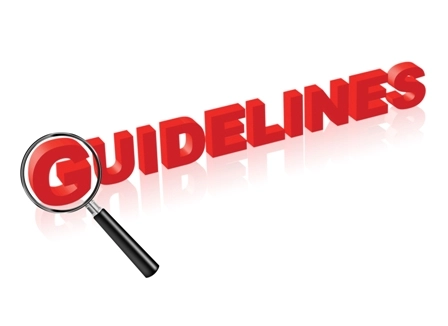Focus on Approaching 2021 Updates for New Patient Office E/M Codes

Catch these code descriptor changes for 99202-99205. Evaluation and management (E/M) new patient office codes will experience some major revisions beginning on Jan. 1, 2021. Not only will CPT® delete 99201, but you will also see that medical decision making (MDM) and time will play a significant role in choosing the appropriate E/M levels for office codes. Editor’s note: This is part one in a series of articles appearing this year in Cardiology Coding Alert intended to get you ready for these upcoming changes. Stand by for more updates. Say Goodbye to 99201 You won’t be able to use 99201 in 2021 because CPT® will delete this code. Take a look at the current code descriptors for 99201 and 99202: AMA made this change, and CMS approved it in the Final Rule. Mark Down Revisions for 99202-99205 Currently, for the new patient office or outpatient codes (99202-99205), you use three key components, history, examination, and medical decision making, to select the appropriate E/M service level. But, starting on Jan. 1, 2021, CPT® will remove history and exam as key components for 99202-99205 for new patients. Instead, your code selection will be based upon the MDM level or the total time the cardiologist spent with the patient on that date of service. This change also applies to office codes (99212-99215) for established patients. Additionally, CPT® will update and revise their guidelines, which will further explain how coders should handle MDM and time in 2021. However, this change does not mean that providers should not perform a history and exam, experts say. The provider should obtain a medically relevant history and exam, says Rae Jimenez, CPC, CIC, CPB, CPMA, CPPM, CPC-I, CCS, senior vice president of product at AAPC and coding liaison to the AMA CPT® Editorial Panel. Although history and exam will not be factored into choosing the E/M level, they are still an important part of the medical record. It is up to the physician’s clinical determination of what level needs to be performed and documented. Example: Take a look at the revised code descriptor for 99202 to get an idea of how these changes will be reflected: So, as you can see, the revised descriptor for 99202 explains the level of MDM — straightforward. The descriptor for 99202 also specifies what the time should have been, 15-29 minutes of total time spent on the date of the encounter, if this was the determining factor for the E/M level. And, the revised descriptor describes “a medically appropriate history and/or examination.” All of the new outpatient patient codes (99202-99205) follow this same structure. To get a better idea of the requirements for revised codes 99202-99205, take a look at the handy chart below: Scenario: The cardiologist meets a new patient in the office who is presenting with atrial fibrillation. The cardiologist uses moderate MDM during the encounter. The cardiologist also performs a medically appropriate history and exam. You should report 99204 for this service. Experts agree that now is the time to start learning about these upcoming updates. Familiarize yourself with the guidelines and create educational materials for your physicians and coders, says Suzan Hauptman, MPM, CPC, CEMC, CEDC, director compliance audit at Cancer Treatment Centers of America. Teach everyone, now (perhaps with a side-by-side comparison) on what the changes will look like next year. Examples might be a good way to illustrate this best. “Emphasize with all healthcare providers that it is not the amount of documentation, but rather the content,” Hauptman adds.





